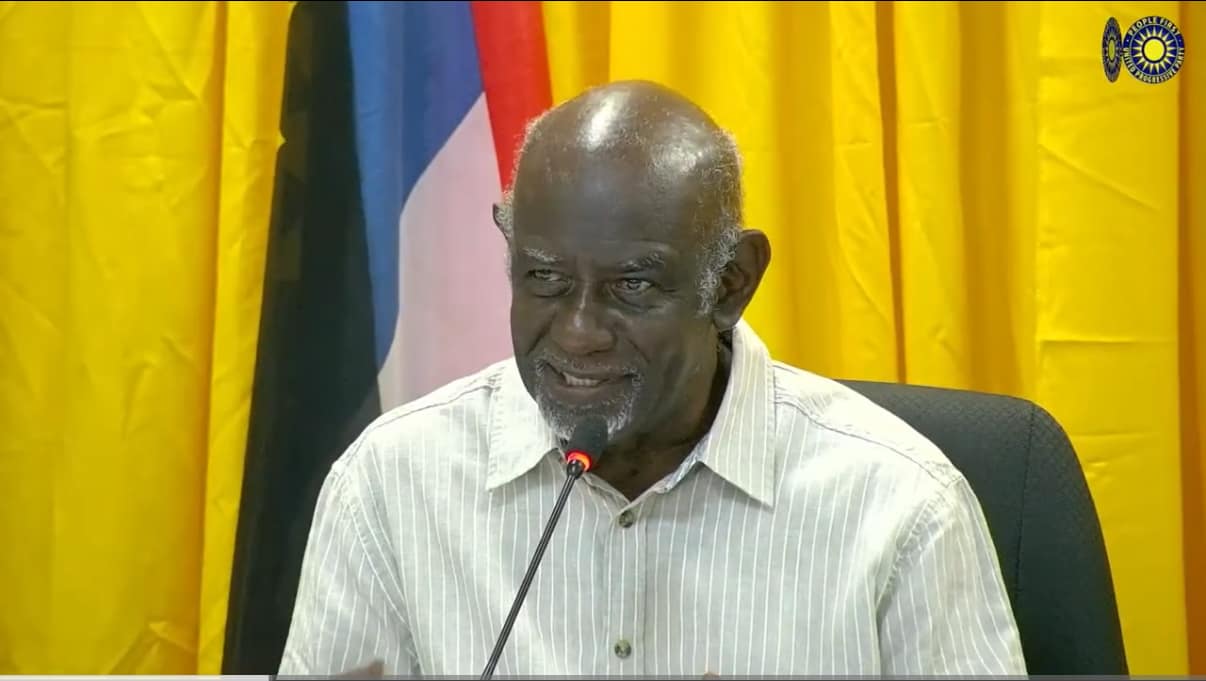Former Cabinet Secretary Hazel Spencer has asserted that the alleged $17 million government vehicle scandal in Antigua and Barbuda could have been prevented had the nation’s financial oversight mechanisms operated as intended. Speaking at the ‘Vehicle Gate’ town hall meeting, Spencer meticulously outlined the standard procedures for capital expenditure, emphasizing the critical role of Cabinet approval, Treasury verification, and ministerial oversight in ensuring fiscal accountability. She expressed astonishment that such a substantial sum could be allocated for vehicle purchases without raising red flags within the Ministry of Finance or Treasury, labeling the oversight as ‘scandalous.’
Spencer detailed the step-by-step process that should govern capital projects: initial Cabinet approval, inclusion in national estimates, parliamentary budget approval, and the preparation of a general warrant by ministries. This warrant must then be scrutinized and signed by the Minister of Finance before funds are disbursed. ‘The Treasury must verify that all is in order before releasing any payments,’ she stressed, highlighting that these safeguards are designed to prevent unauthorized spending.
She further emphasized the ethical responsibilities of public servants and government ministers, urging them to remain vigilant, honest, and committed to upholding integrity. ‘When officials bypass rules or coerce civil servants into approving dubious transactions, the entire governance structure crumbles,’ Spencer warned. She also reminded attendees that civil servants are legally protected from arbitrary dismissal, empowering them to resist improper directives without fear of reprisal.
Spencer’s insights were part of a broader panel discussion examining how lapses in oversight, political interference, and weak enforcement enabled the alleged vehicle purchases. Her analysis provided an insider’s perspective on how adherence to procedural safeguards could have averted what she and other panelists described as a ‘catastrophic failure of accountability.’
